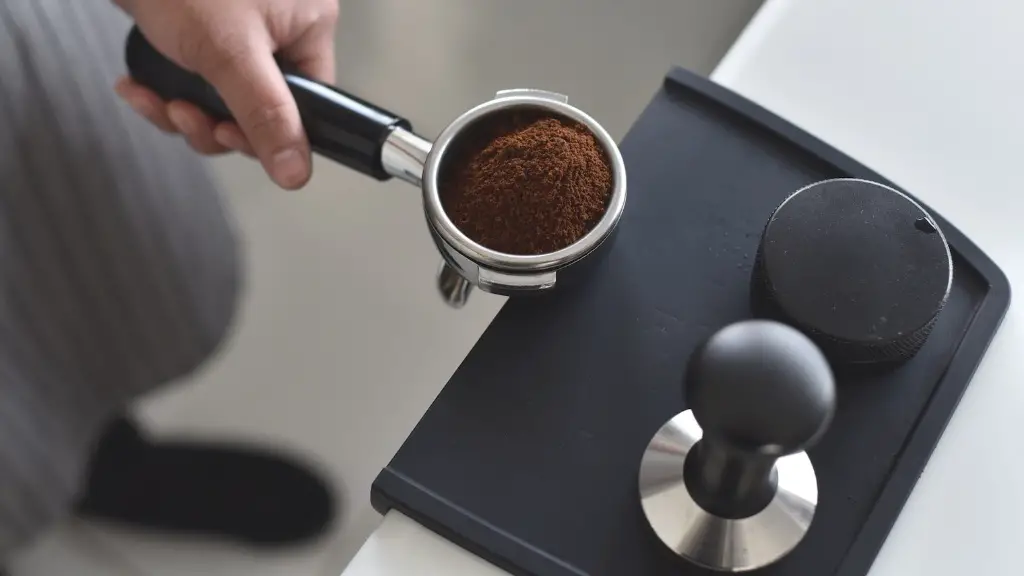What is a Stent Placement?
Stent placement is a medical procedure that is used to treat narrowed coronary arteries due to a buildup of plaque. A stent is a metal mesh tube that is inserted into the artery to help keep it open, allowing better blood flow. It is often used to treat coronary artery disease, a condition where the coronary arteries start to become narrowed and blocked due to the buildup of plaque. The stent is placed through a minimally invasive surgical procedure, usually during an angioplasty procedure.
What are the Benefits of a Stent Placement?
The benefits of a stent placement are many, including reduced symptoms and improved quality of life. Angioplasty, the procedure to place the stent, typically results in a decreased risk of heart attack or death as it can help to improve blood flow to the heart. Additionally, stent placement is relatively safe, minimally invasive, and can be done on an outpatient basis.
What are the Risks Associated with a Stent Placement?
As with any medical procedure, there are risks associated with a stent placement. These include infection, tear or rupture of the artery, blockage of the stent, and allergic reactions. Additionally, the stent itself can be a potential source of scarring or irritation. It is important to discuss all potential risks with your doctor before undergoing the procedure.
Can I Drink Coffee after Stent Placement?
Whether or not you can drink coffee after stent placement depends on your doctor’s advice and recommendation. Generally, drinking coffee is not prohibited after stent placement, however, it is important to limit or avoid caffeine in the first several days or weeks following your procedure, as it can cause an increase in blood pressure. Additionally, it is important to limit your intake of dietary cholesterol, saturated fat, and sodium, as all of these can contribute to the build-up of plaque in the arteries. Your doctor may also recommend a diet low in sugar and processed foods.
Can I Take Medications after Stent Placement?
Your doctor may prescribe medications after a stent placement, such as anti-platelet agents which work to prevent blood clots. It is important to follow all instructions given to you by your doctor, including the prescription and dosage of all medications. Additionally, you will want to avoid taking any non-prescribed drugs that can increase your risk of developing a blood clot, so be sure to ask your doctor before taking any medications.
What Other Precautions Should I Take After a Stent Placement?
It is important to follow your doctor’s instructions and advice after a stent placement. You will likely need to limit physical activity for a period of time and may need to go through cardiac rehabilitation to help you strengthen your heart muscle and blood vessels. You should also avoid smoking, as it can increase your risk of having a heart attack or stroke. Finally, be sure to check in with your doctor regularly to monitor your condition and make any necessary lifestyle changes.
What Should I Do If Symptoms Worsen After a Stent Placement?
If you have any signs or symptoms that worsen or persist after a stent placement, or if you experience any chest pain, it is important to contact your doctor as soon as possible. Call 911 for emergency help if any of these symptoms occur. Early treatment and lifestyle changes can often reduce the risk of having another episode.
Other Medical Tests for Coronary Artery Disease
In addition to a stent placement, there are other tests that your doctor may recommend to diagnose and monitor coronary artery disease. These tests include an electrocardiogram, chest x-ray, stress test, and cardiac catheterization. These tests help your doctor better understand the condition and determine the best treatment plan.
Managing Coronary Artery Disease
In order to manage coronary artery disease it is important to make lifestyle changes, such as eating a healthy diet, exercising regularly, managing your stress, and quitting smoking. Additionally, medications such as statins can help to reduce cholesterol levels and other lifestyle changes may be necessary, such as the use of a cardiac rehabilitation program. Working with your doctor on a treatment plan that takes into consideration all of these factors can help you manage coronary artery disease and reduce your risk of having another episode.
Preventing Coronary Artery Disease
The best way to prevent coronary artery disease is to make healthy lifestyle choices, such as engaging in regular physical activity, eating a healthy diet, maintaining a healthy weight, and avoiding smoking and excessive drinking. Additionally, it is important to have regular check-ups with your doctor, which can help to catch the disease early and begin treatment before it worsens. Ultimately, it is important to work with your doctor to develop a plan that is tailored to you and your health needs.


